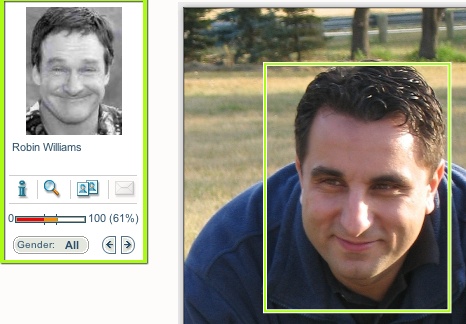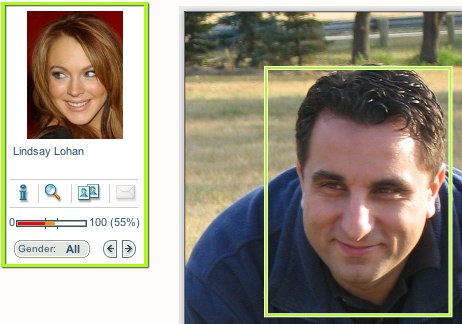I’ve reluctantly taken a break from teaching this semester as I do my best to complete my dissertation (and several other projects) by July, 2006. Therefore, I’m very much back into the open source mode of thinking (not that I ever really left it), so much of what I post here will likely follow this theme.
So it was nice to find an excellent article in the Vanguard titled “Open Source: The Future of IT in Nigeria“. If you are interested in open source software, collaborative culture and economic development, this is a great short read with lots of quotables. Here are a few highlights:
re: the relative economics of open source in Africa,
… Windows XP together with Office XP is US$560 in the U.S. This is over 2.5 months of GDP/capita in South Africa, and over 16 months of GDP/capita in Vietnam. This is the equivalent of charging a single-user licence fee in the U.S. of US$7,541 and US$48,011 respectively, which is clearly unaffordable.
re: the economic benefits of open source to a developing nation,
… when a country goes open source, it gets something much more important than free code – it gets a native software industry. The skills needed to install and maintain OS software flow out through the society … “the open source software community must be regarded as an informal and ‘costless’ skills development environment that provides good training and competitive advantages on the labour market.â€Â
re: the benefits of open source to a nation in regards to the world economy,
When a country goes OS, it changes its relationship to the world economy. It is no longer just a market for developed world know-how. It moves to becoming (to the extent that local coders are contributing to OS projects, and thus developing skills) a maker of knowledge.
re: the benefits of open source to national culture,
… developing countries with an open source approach become participants, nationally, in a collaborative culture of problem-solving which has implications far outside the realm of software and which ideally suits countries with lots of smart young people and not much cash.
re: open source and our relationship with the digital world,
Far from ripping us free of the physical world into some sort of disembodied cyberspace, computers are making us ever more intimate with the material world. Digital design, biotechnology, nanotechnology, materials research – the ways we design and build and grow stuff is more and more mediated through silicon: and that which runs on silicon is highly susceptible to collaborative innovation. These days, when you spread technology and the tools for collaboration, you’re spreading the ability of people to redesign the material bases of their lives in cheap, innovative and sustainable ways.
These are some excellent ideas, and will keep me thinking for some time.


